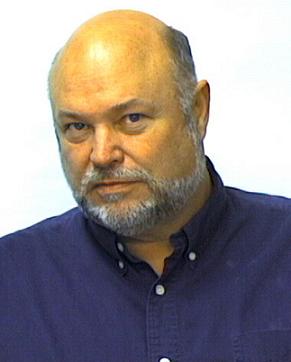
Governments around the world increasingly expect Internet service providers (ISPs) to take responsibility for every bit of data that passes through their systems, says David McClure, the president and CEO of the US Internet Industry Association.
He will participate in the the International Internet Industry Association (IIIA) meeting to be held in SA this week that will cover how ISPs and governments should work together to create better Internet-related laws and regulations.
“Legislative bodies, left on their own to develop Internet law, often do not have the technical expertise or the understanding of Internet trends to make good laws,” he says.
McClure says it is crucial for ISPs across the globe to work together to help governments write “better Internet-related laws”. He says regulators and lawmakers don’t understand the provider’s role in today’s world and often seek to turn them into gatekeepers for Internet content and services.
“By combining our experience and our expertise in global Internet policy with the needs of each country and its unique culture, we are able to help each country craft laws that provide consumers with better protections and stronger privacy initiatives,” he says.
The subject is especially topical for local service providers, which are facing a range of proposed laws that seek to make them more responsible for the services and content their customers consume.
Already, deputy home affairs minister Malusi Gigaba is working to fast-track legislation that will force local providers to completely prevent pornography from reaching SA Internet users.
SA Internet providers could also face a fine of R10m or up to 10 years in jail, if they allow any online gambling to take place in SA following a high court judgment between the Gauteng Gambling Board and well-known casino Piggs Peak, that outlawed online gambling in SA.
To comply with these laws, local ISPs say they will have to implement new technology, at a high cost to themselves. They are also concerned that any measures they put in place could still be circumvented, leaving them to face severe legal penalties.
McClure says these kinds of draconian measures often work against the best interest of the consumer. Similar filtering solutions implemented in the UK and Australia, both of which resulted in service providers forking over huge amounts of money, had little success in preventing users from accessing undesirable content.
The IIIA meeting will be held under the banner of SA’s annual iWeek conference, hosted by the Internet Service Providers’ Association of SA and Uniforum SA. — Candice Jones, TechCentral
- Subscribe to our free daily newsletter
- Follow us on Twitter or on Facebook




